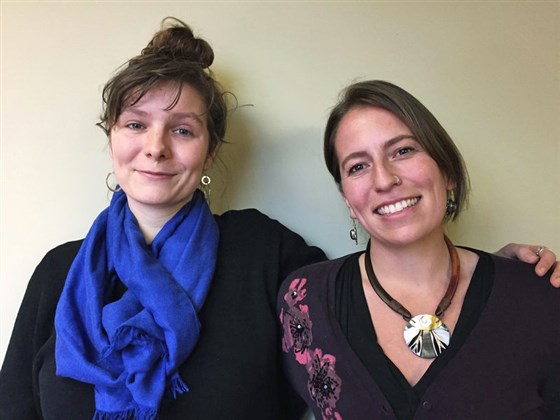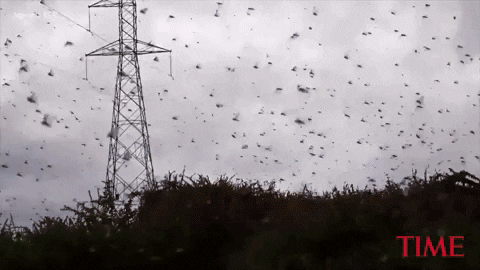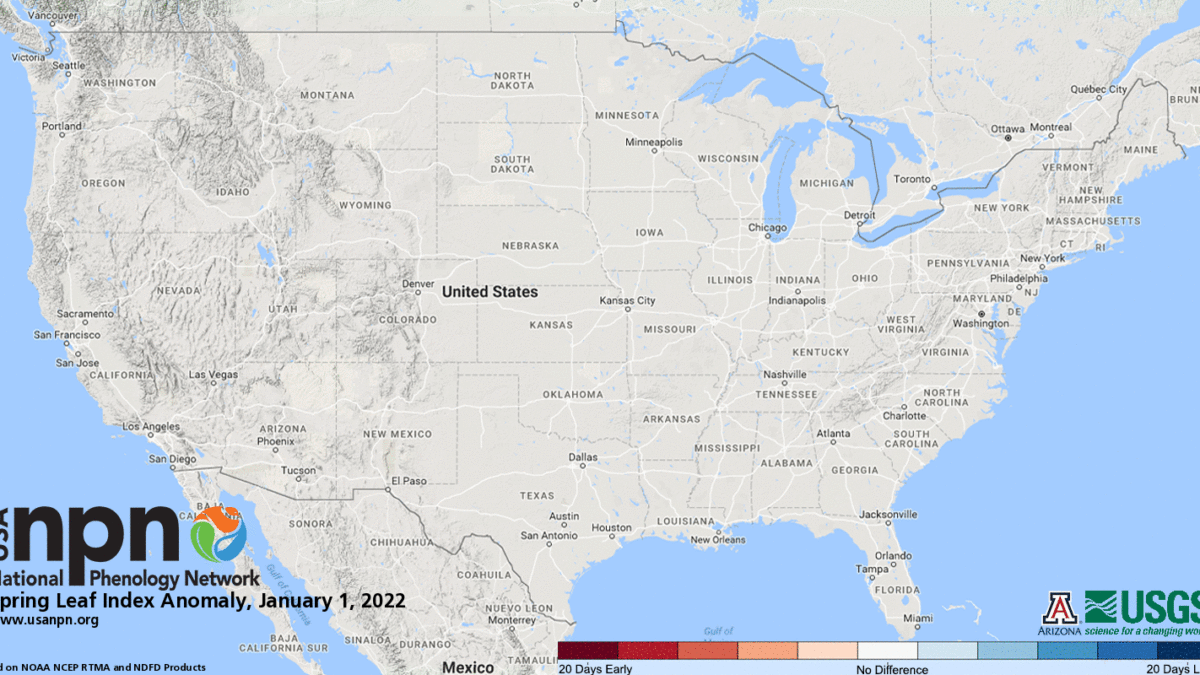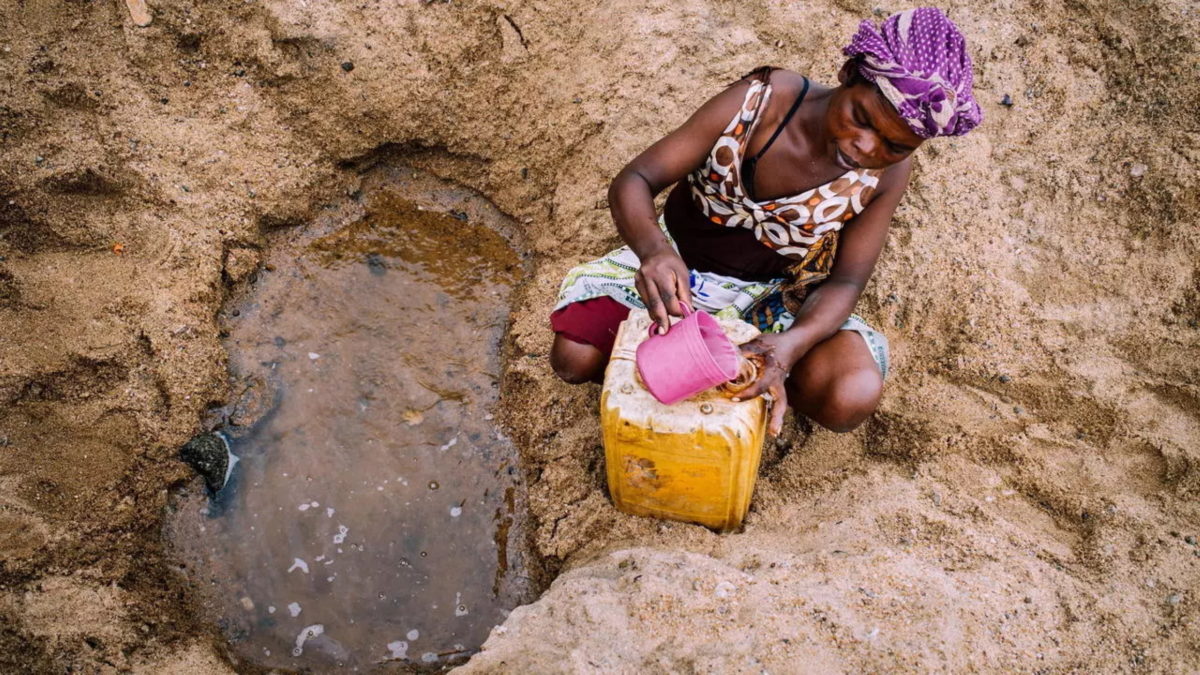For some millennials, climate change clock ticks louder than biological one – “Procreating both contributes to climate change and creates a new victim of climate change”

By James Rainey
21 April 2019
SEATTLE (NBC News) – Erika Lundahl writes and performs her own songs. She works in Seattle for a company that publishes books on the environment. She thinks a lot about how best to occupy her place in the world. Yet, despite this full life, Lundahl, at 27, feels a clock ticking.
Her biological clock, yes, but also the one to fix global warming, or face the likelihood that she and her potential children will have to live in a seriously marginalized world.
“There is this sense that if you don’t have kids soon, you could be putting them in a harder position,” Lundahl said. “But if you do have them, that will not be easy either, with the storms, the intense droughts, the precariousness of the times. It’s like you are playing with two ticking time bombs — yours and the planet’s.”
Fears of bringing children into a troubled world may be as old as recorded history. The government reported last year that U.S. birth rates had hit a 30-year low, attributed partly to millennials who felt they were under economic duress.
But climate concern also appears to be surging. Today’s young adults have been taught since grade school that life on Earth promises to become more precarious. Now, groups have formed to support conversation around the tenuous future. Rep. Alexandria Ocasio-Cortez, D-N.Y., recently posted an Instagram Live video that brought attention to the question. Given the looming fallout of climate change, she asked, “Is it OK to still have children?”
A recent poll for Business Insider found that 30 percent of Americans agree, at least somewhat, that the potentially life-threatening effects of climate change should be factored into decisions about whether to have children. A little more than 8 percent of those surveyed strongly held that view. And a New York Times poll last summer revealed that 11 percent of those who don’t want children, or aren’t sure, cited climate change as one reason. […]
Four years ago, two women who shared fears about rearing children in such a world formed the group Conceivable Future to create a safe space for talk about it. One of the co-founders, Josephine Ferorelli, a writer, editor and yoga instructor, said that, early on, the topic was greeted as “fringey or hysterical or weird.”
They have no way of measuring how many people now share their concerns, but one thing is clear: “When we talk to women, there is a huge amount of relief, even excitement, that we were bringing this issue out in the open,” Ferorelli, 36, said. “People are like: ‘Oh my God. I felt like I was the only one who felt this way.’” […]
Travis Rieder, an ethicist with the Berman Institute of Bioethics at Johns Hopkins University, urges young people to consider all the usual variables and then add another layer of analysis.
“Procreating both contributes to climate change and creates a new victim of climate change,” said Rieder, a research professor and father of one. “I don’t know whether people should have kids, or whether they should have a big family, but I do believe that climate change should be part of their deliberation, because the consequences of bringing a new person into a changing world are really morally serious.” […]
Conceivable Future co-founder Meghan Kallman said the group does not advocate for people to stop having children, but rather uses reproduction choices as a gateway to engage the public on the issue of global warming.
“Asking these questions helps connect people to the deeper meaning of climate change,” said Kallman, 35, a sociologist. “But the bigger goal is to build an economy and a society and a polity that is clean. And we’ve got to do it fast.” [more]
For some millennials, climate change clock ticks louder than biological one


